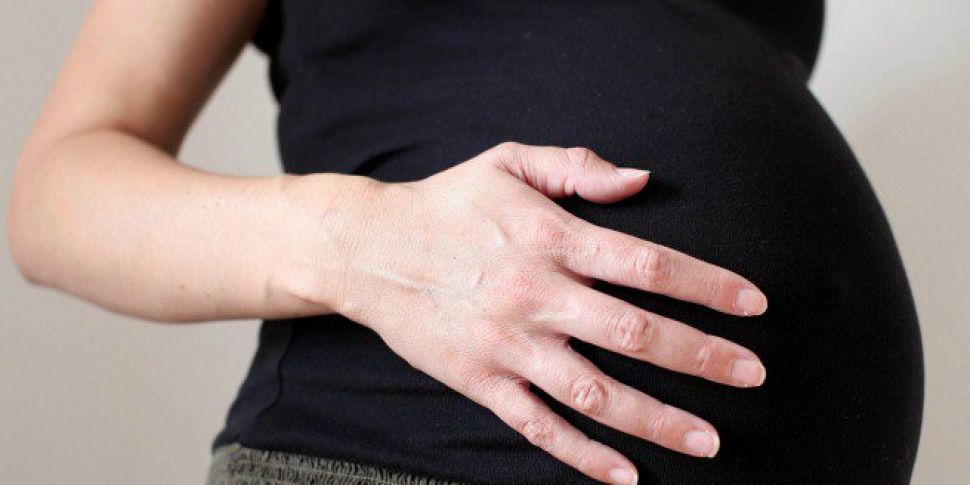Irish women have among the highest levels of depression during pregnancy in the OECD, according to the first study of the issue in the State.
The study, published today by the Trinity College Department of Psychiatry finds one in six women - 16% "are at probable risk of depression during pregnancy".
Antenatal depression rates are between 10 and 15% in the 34 other OECD countries.
Lead researcher Professor Veronica O'Keane called services "grossly under-resourced", and said women in Ireland should be screened and encouraged to seek help. This needed to be addresed in the National Maternity Strategy, she said.
The Well Before Birth study's findings draw on questionnaires completed by more than 5,000 women attending obstertric departments in five maternity units in Dublin, Cork, Limerick and Castlebar, Co. Mayo.
It found the risk of depression and depression rates increased as pregnancy advanced, with the highest rates - 17.2% - among women in their third trimester.
The overall at-risk rate of 16% is likely to be an under estimation, as the majority of respondents were educated to undergraduate level - a factor which is seen as a protector against depression.
Ireland has Europe's second highest birth rate. In 2014 there were 68,000 births, meaning more than 11,000 women could be experiencing depression, the study says.
"The worst decision of my life"
Singer Adele recently spoke out about her experience with post-natal depression, saying that she felt "too scared" to have another child following the birth of her first son Angelo.
She told Vanity Fair: "My knowledge of postpartum-or post-natal, as we call it in England-is that you don't want to be with your child; you're worried you might hurt your child; you're worried you weren't doing a good job.
"But I was obsessed with my child. I felt very inadequate; I felt like I'd made the worst decision of my life . . . . It can come in many different forms."









